
The Country Liberal Party of the Northern Territory (CLP), commonly known as the Country Liberals, is a centre-right political party in Australia's Northern Territory. In local politics it operates in a two-party system with the Australian Labor Party (ALP). It also contests federal elections as an affiliate of the Liberal Party of Australia and National Party of Australia, the two partners in the federal coalition.

Mark William Latham is an Australian politician and media commentator, who was a member of the New South Wales Legislative Council. He previously served as the leader of the Australian Labor Party (ALP) and leader of the opposition from December 2003 to January 2005, leading the party to defeat at the 2004 federal election. He has since left the Australian Labor Party and joined Pauline Hanson's One Nation, gaining a seat for that party in the New South Wales Legislative Council at the 2019 New South Wales state election. He resigned prior to the 2023 state election in order to stand for a new term and so another person could be appointed to fill his casual vacancy.

The Division of Werriwa is an Australian electoral division in the state of New South Wales. The name Werriwa derives from a local Aboriginal name for Lake George, which was located in the division when it was established in 1900. The division was one of the original 65 divisions first contested at the first federal election.
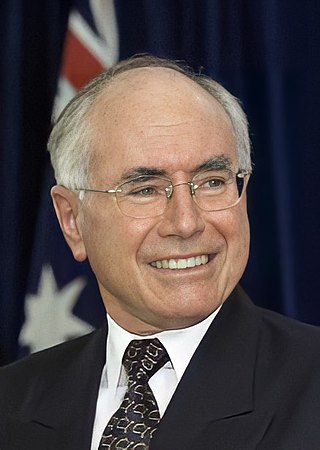
The 2004 Australian federal election was held in Australia on 9 October 2004. All 150 seats in the House of Representatives and 40 seats in the 76-member Senate were up for election. The incumbent Liberal Party of Australia led by Prime Minister of Australia John Howard and coalition partner the National Party of Australia led by John Anderson defeated the opposition Australian Labor Party led by Mark Latham.
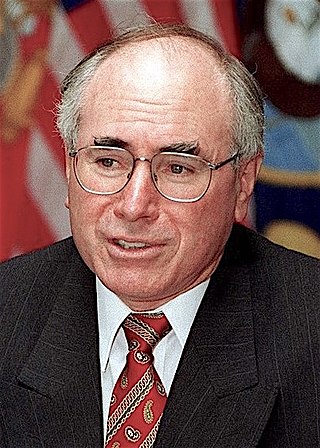
The 1996 Australian federal election was held to determine the members of the 38th Parliament of Australia. It was held on 2 March 1996. All 148 seats of the House of Representatives and 40 seats of the 76-seat Senate were up for election. The centre-right Liberal/National Coalition led by Opposition Leader John Howard of the Liberal Party and coalition partner Tim Fischer of the National Party defeated the incumbent centre-left Australian Labor Party government led by Prime Minister Paul Keating in a landslide victory. The Coalition won 94 seats in the House of Representatives, which is the largest number of seats held by a federal government to date and the second time a party won over 90 seats at a federal election.
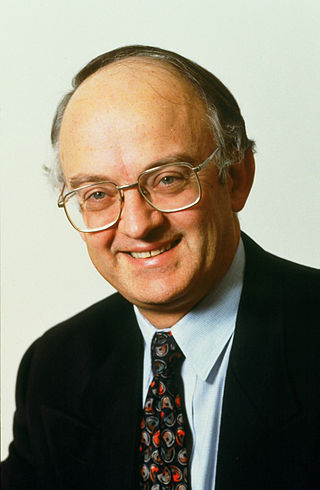
Robert Francis McMullan is an Australian former politician who represented the Australian Labor Party in both the Senate and the House of Representatives. He was the first person to represent the Australian Capital Territory in both houses of federal parliament

The Division of Mayo is an Australian electoral division located to the east and south of Adelaide, South Australia. Created in the state redistribution of 3 September 1984, the division is named after Helen Mayo, a social activist and the first woman elected to an Australian University Council. The 9,315 km² rural seat covers an area from the Barossa Valley in the north to Cape Jervis in the south. Taking in the Adelaide Hills, Fleurieu Peninsula and Kangaroo Island regions, its largest population centre is Mount Barker. Its other population centres are Aldgate, Bridgewater, Littlehampton, McLaren Vale, Nairne, Stirling, Strathalbyn and Victor Harbor, and its smaller localities include American River, Ashbourne, Balhannah, Brukunga, Carrickalinga, Charleston, Cherry Gardens, Clarendon, Crafers, Cudlee Creek, Currency Creek, Delamere, Echunga, Forreston, Goolwa, Gumeracha, Hahndorf, Houghton, Inglewood, Kersbrook, Kingscote, Langhorne Creek, Lobethal, Macclesfield, McLaren Flat, Meadows, Middleton, Milang, Mount Compass, Mount Pleasant, Mount Torrens, Mylor, Myponga, Normanville, Norton Summit, Oakbank, Penneshaw, Piccadilly, Port Elliot, Second Valley, Springton, Summertown, Uraidla, Willunga, Woodchester, Woodside, Yankalilla, and parts of Birdwood, Old Noarlunga and Upper Sturt.

A general election was held in the Northern Territory, Australia, on 18 June 2005. The centre-left Labor Party, led by Chief Minister Clare Martin, won a second term with a landslide victory, winning six of the ten seats held by the opposition Country Liberal Party in the 25-member Northern Territory Legislative Assembly, bringing their total to 19. It was the second largest victory in any Northern Territory election. The only larger majority in the history of the Territory was in the first election, in 1974. In that contest, the CLP won 17 of the 19 seats in the chamber, and faced only two independents as opposition.

The 1990 Australian federal election was held in Australia on 24 March 1990. All 148 seats in the House of Representatives and 40 seats in the 76-member Senate were up for election. The incumbent Australian Labor Party led by Bob Hawke defeated the opposition Liberal Party of Australia led by Andrew Peacock with coalition partner the National Party of Australia led by Charles Blunt despite losing the nationwide popular and two-party-preferred vote. The election saw the reelection of a Hawke government, the fourth successive term.
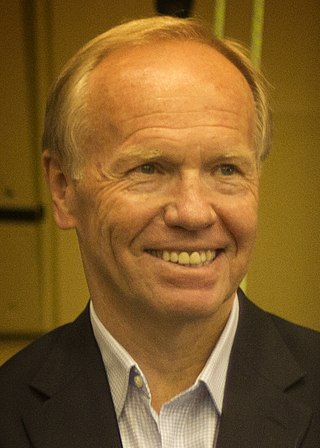
An election was held in the Australian state of Queensland on 9 September 2006 to elect the 89 members of the state's Legislative Assembly, after being announced by Premier Peter Beattie on 15 August 2006.

Maxine Margaret McKew is a former Australian Labor politician and journalist; she was the Parliamentary Secretary for Infrastructure, Transport, Regional Development and Local Government in the First Rudd Ministry and the First Gillard Ministry.
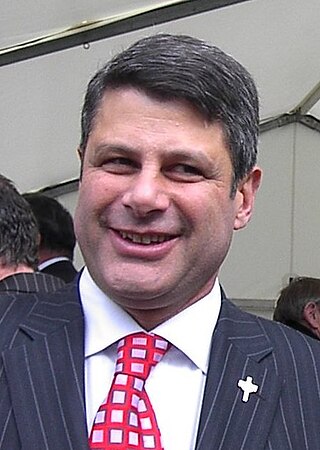
The 2006 Victorian state election, held on Saturday, 25 November 2006, was for the 56th Parliament of Victoria. Just over 3 million Victorians registered to vote elected 88 members to the Legislative Assembly and, for the first time, 40 members to the Legislative Council under a proportional representation system. The election was conducted by the independent Victorian Electoral Commission.

The 2005 Werriwa by-election was held in the Australian electorate of Werriwa in south-western Sydney on 19 March 2005, after the resignation of Labor MP Mark Latham, who had represented the electorate since 1994. Latham had been federal Opposition Leader since 2 December 2003 and led Labor to defeat at the 2004 election. He had become increasingly dissatisfied with politics and was struggling with recurring pancreatitis. He announced his resignation from parliament on 18 January 2005.

The 1917 Australian federal election was held in Australia on 5 May 1917. All 75 seats in the House of Representatives and 18 of the 36 seats in the Senate were up for election. The incumbent Nationalist Party, led by Prime Minister Billy Hughes, defeated the opposition Labor Party led by Frank Tudor in a landslide.
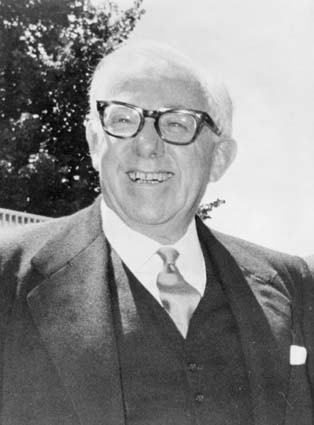
The 1995 Wentworth by-election was held in the Australian electorate of Wentworth in New South Wales on 8 April 1995. The by-election was triggered by the resignation of the sitting member, former Liberal Party of Australia leader Dr John Hewson on 28 February 1995. The writ for the by-election was issued on 3 March 1995.
The 1996 Blaxland by-election was held in the Australian electorate of Blaxland in New South Wales on 15 June 1996. The by-election was triggered by the resignation of the sitting member, the Australian Labor Party's Paul Keating on 23 April 1996. The writ for the by-election was issued on 13 May 1996.
Charlie John Stuart Lynn is a former Australian politician who served as a Liberal Party member of the New South Wales Legislative Council between 1995 and 2015.

Elections to the 55th Parliament of New South Wales were held on Saturday, 26 March 2011. The 16-year-incumbent Labor Party government led by Premier Kristina Keneally was defeated in a landslide by the Liberal–National Coalition opposition led by Barry O'Farrell.
A by-election was held for the Australian House of Representatives seat of Oxley on 8 October 1988. This was triggered by the resignation of former Labor Party leader Bill Hayden to become Governor-General.

A general election for the 56th Parliament of New South Wales (NSW) was held on Saturday 28 March 2015. Members were elected to all 93 seats in the Legislative Assembly using optional preferential voting. Members were also elected to 21 of the 42 seats in the Legislative Council using optional preferential proportional representation voting. The election was conducted by the New South Wales Electoral Commission.

















